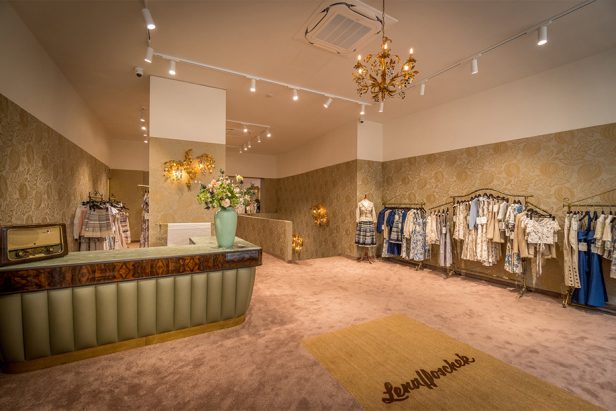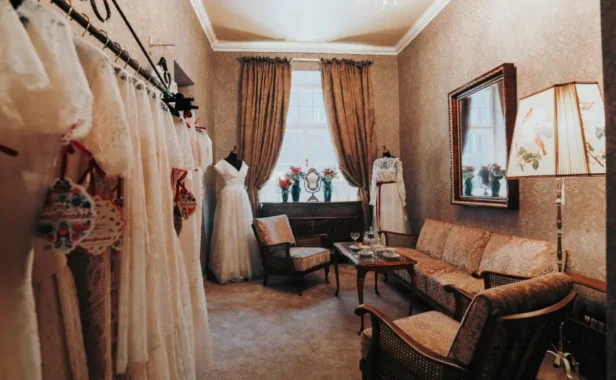Sommer 2025 Kollektion
– feminine Looks voller Lebensfreude
Finden Sie uns in Ihrer Nähe

Store Vienna
Seilergasse 16
1010 Wien
Österreich
Tel.: +43 5 0309 200
E-Mail: wien@lenahoschek.com
Mo.–Fr. 10.00–18.00 Uhr
Sa. 10.00–18.00 Uhr

Store Graz
Joanneumring 3
8010 Graz
Österreich
Tel.: +43 5 0309 300
E-Mail: graz@lenahoschek.com
Mo.–Fr. 10.00–18.00 Uhr
Sa. 10.00–17.00 Uhr
